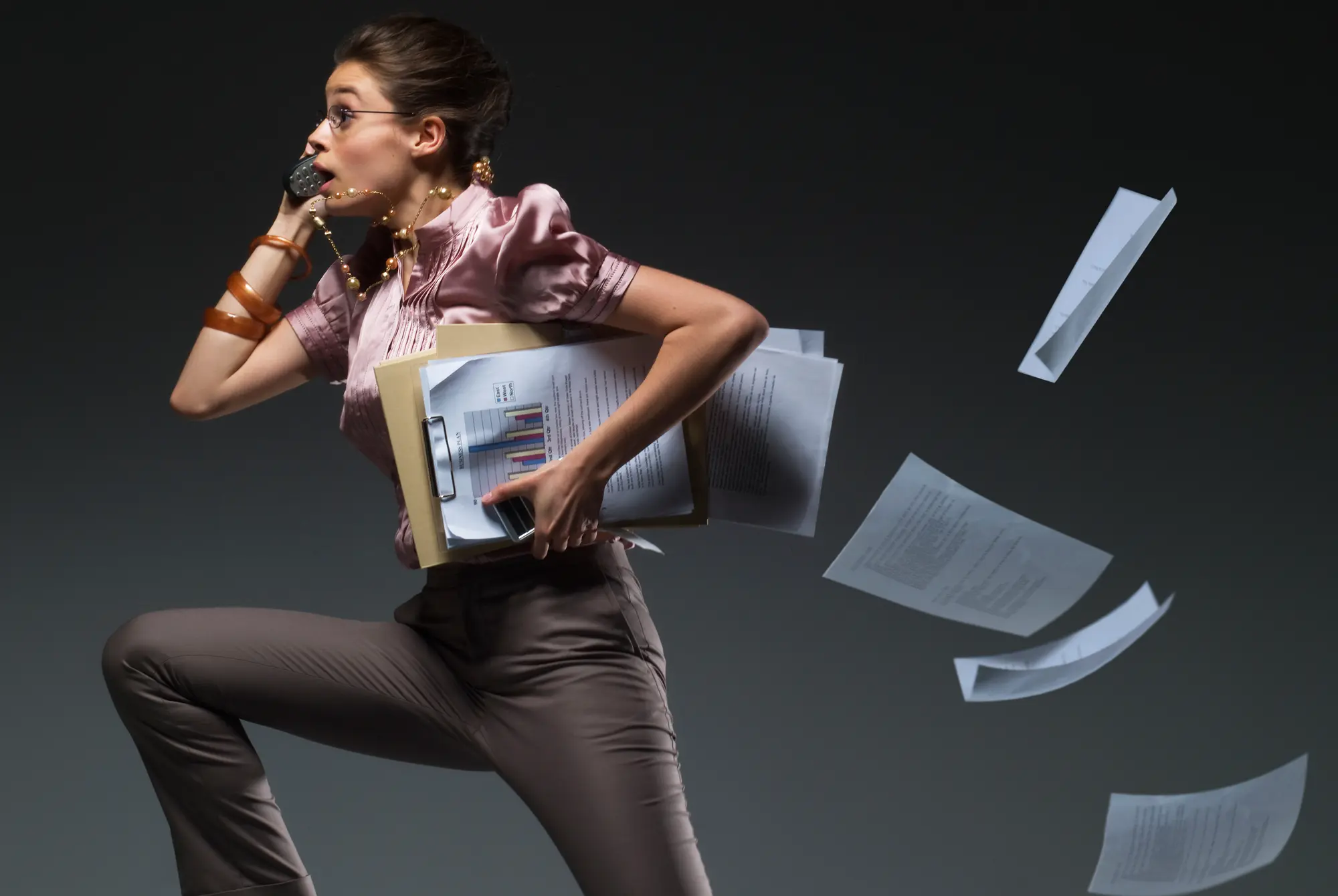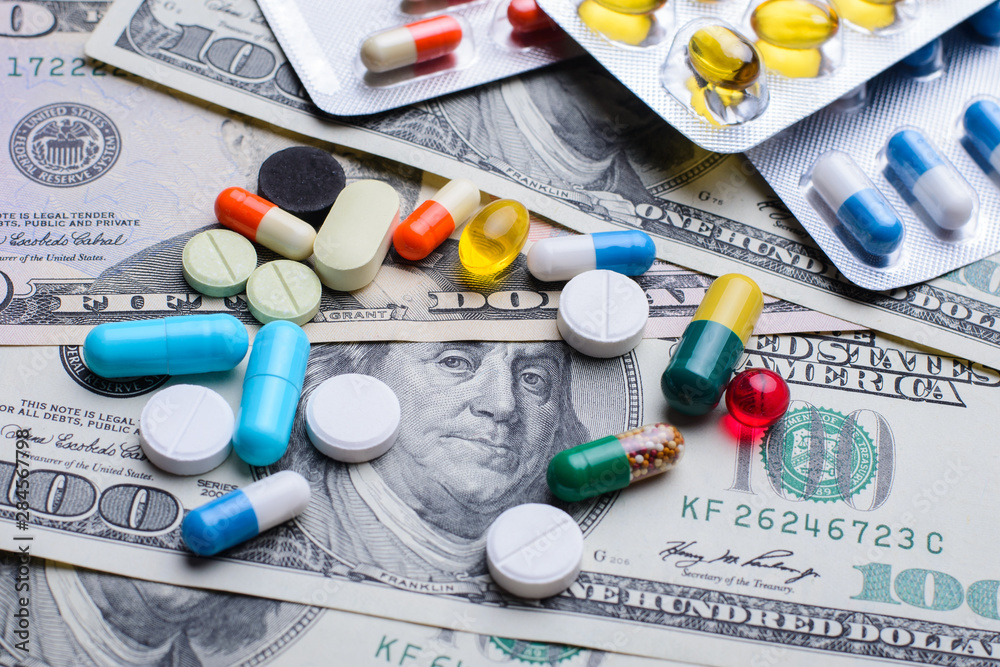- Rehydrate: Alcohol is a diuretic, which means it causes dehydration. Start by drinking water, electrolyte-rich beverages (like sports drinks), or coconut water to replenish lost fluids.
- Eat a balanced meal: Consuming a nutritious meal, particularly one high in carbohydrates, can help stabilize your blood sugar levels and provide essential nutrients.
- Take over-the-counter pain relievers: Non-prescription pain relievers like ibuprofen or aspirin can help with headache and body aches. However, avoid acetaminophen (Tylenol) as it can be hard on your liver when combined with alcohol.
- Get some rest: Rest is crucial to allow your body to recover. Take a nap or rest in a quiet, dark room to help alleviate fatigue.
- Ginger or peppermint tea: These herbal teas can soothe an upset stomach and reduce nausea.
- Avoid caffeine: While coffee might seem like a quick fix, it can further dehydrate you. If you're a regular coffee drinker, a small amount might help, but don't overdo it.
- Take a shower: A cool shower can refresh you and help reduce body temperature if you're feeling overheated.
- Anti-nausea remedies: Over-the-counter medications like Pepto-Bismol or motion sickness pills can help with nausea and digestive issues.
- Light exercise: Gentle physical activity, like a short walk, can help improve circulation and alleviate some symptoms. However, don't push yourself too hard.
- Time: Ultimately, the best cure for a hangover is time. Your body needs time to metabolize the alcohol and recover. Be patient, and the symptoms will gradually subside.
It's essential to note that the best way to avoid a hangover is to drink in moderation or abstain from alcohol altogether. If you find yourself regularly experiencing severe hangovers, it may be worth reevaluating your drinking habits to protect your health.
I'm reaching out to ask for help in raising funds to purchase a modest, dependable used car. Having a vehicle would not only restore my independence but also allow me to engage more actively in my community and maintain essential aspects of daily living.
Help Chris Regain Independence with a Reliable Vehicle at GoGetFunding



